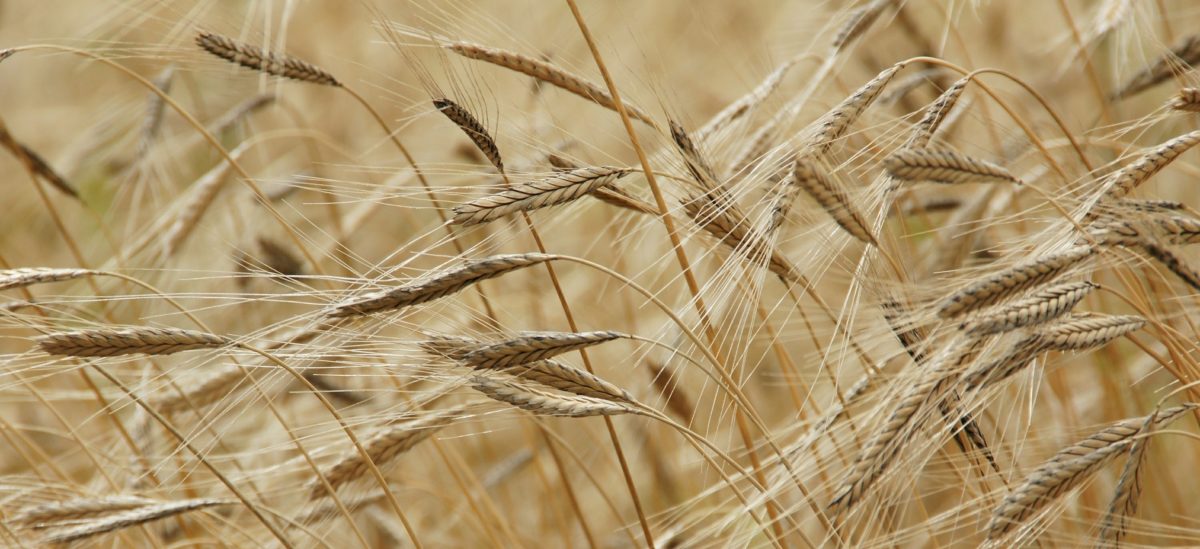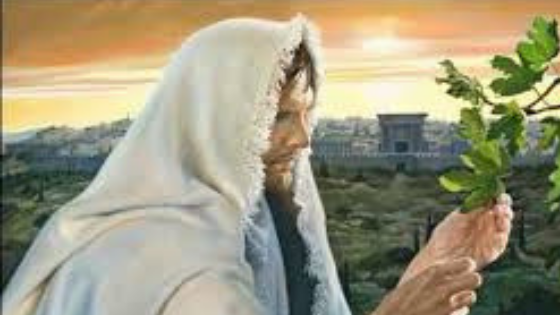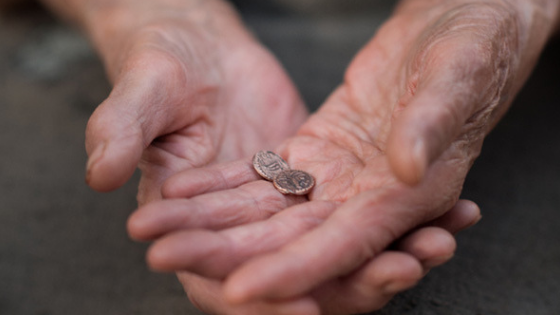
FEAST OF CORPUS CHRISTI
REFLECTIONS ON THE READINGS FOR
FEAST OF CORPUS CHRISTI, CYCLE A
Deut. 8:2-3,14-16; Psalm 147:1-5,9-10; 1 Corinthians 10:16-17; John 6:51-58
The Feast of Corpus Christi originated in the 13th century as a celebration of how the risen Christ, present in the Eucharist and in the Church, accompanied people in their ordinary lives. It is, in a way, an extension of the Feast of the Trinity, which reminds us that we are loved by a God who remains in the midst of God’s people. We see this in the first reading from Deuteronomy, where God not only leads the people out of slavery towards freedom, but also goes with them on their journey, nourishing and protecting them. Moreover, God’s care for them is not just past history, for although the translation says that God “freed” them, the Hebrew literally says that God “frees” them, indicating that God’s liberation of the people has never and will never cease. Moses warns them not to forget their God once they enter the land he promised them and life becomes easier and more affluent – that is always the danger for us all.
The theme of the nourishment which God provides is continued in Psalm 147, which reminds the people of God’s continuing care for them: “He feeds you with finest wheat”, so they are called to praise this loving God of theirs: “O praise the Lord, Jerusalem!/Zion, praise your God!”
Chapter 6 of John’s Gospel, set at Passover time, is permeated with motifs from the story of the Exodus, with Jesus contrasting the food that he will give to the manna given in the desert. In the first part of the chapter, before our reading today, he calls himself “the bread of life”; now he speaks of himself as “the living bread”, which is more suitable for the Eucharistic theme. Interestingly, here, where he speaks of the bread as his flesh, he stresses that he has come down from heaven. At the beginning of John’s Gospel, the entrance of the Word into the world was spoken of in terms of becoming flesh (John 1:14), and it is this same flesh that is now to be given to women and men as the living bread. So there is a looking back to the Incarnation, but also a looking forward in time to Jesus’ death, which is traditionally associated with the Eucharist, for Jesus is to “give” his flesh “for the life of the world”. Although John does not record the institution of the Eucharist, as do the other Gospels, it is John who explains the impact of the Eucharist on the life of the Christian: “He who eats my flesh and drinks my blood lives in me and I live in him.” Though brief, this is a most forceful expression of the tremendous claim that Jesus gives us a share in God’s own life. Later, during the Last Supper he prays to his Father: “May they be one in us, as you are in me and I am in you …. With me in them and you in me, may they be … completely one” (John 17:21,23).
In Paul’s First Letter to the Corinthians, he speaks of the Eucharist creating the deepest union among Christians, a union that is threatened by their participation in pagan banquets. He is dealing with disputes among the Christian community in Corinth over eating food offered to idols and attending pagan banquets. Here, he argues that all sacrifices, Christian, Jewish and pagan, establish a form of communion with the God/god to whom the sacrifice is offered. Christians, in sharing the “cup of blessing” and breaking bread, celebrate communion with the body of Jesus broken on the cross and the blood shed for them.
So the Feast of Corpus Christi reminds us that it is through the Eucharist that we “draw life” from Christ, just as he draws life from the Father. He is the “bread of life” for our own journey with its joys and sorrows – we hear echoes of both the sorrow of the crucifixion and the joy of resurrection: just as Christ gave his life “for the life of the world”, so our union with him in the Eucharist calls us to live our lives for others, seeking communion with God and our fellow human beings. And within the Eucharist is the promise of “eternal life” itself.
This week’s teaching commentary was prepared by
Margaret Shepherd, NDS
margaretashepherd@gmail.com
Copyright 2017
…………………………………………………………………………………………………..
PLEASE NOTE: The weekly Gospel commentaries represent the research and creative thought of their authors, and are meant to stimulate deeper thinking about the meaning of the Sunday Scriptures. While they draw upon the study methods and sources employed by the Bat Kol Institute, the views and conclusions expressed in these commentaries are solely those of their authors, and do not necessarily represent the views of Bat Kol. Questions, comments and feedback are always welcome.
……………………………………………………………………………………………………
Bat Kol Institute for Jewish Studies, Jerusalem
(1983-2017)
“Christians Studying the Bible within its Jewish milieu, using Jewish Sources.”
gill@batkol.info Website: www.batkol.info



